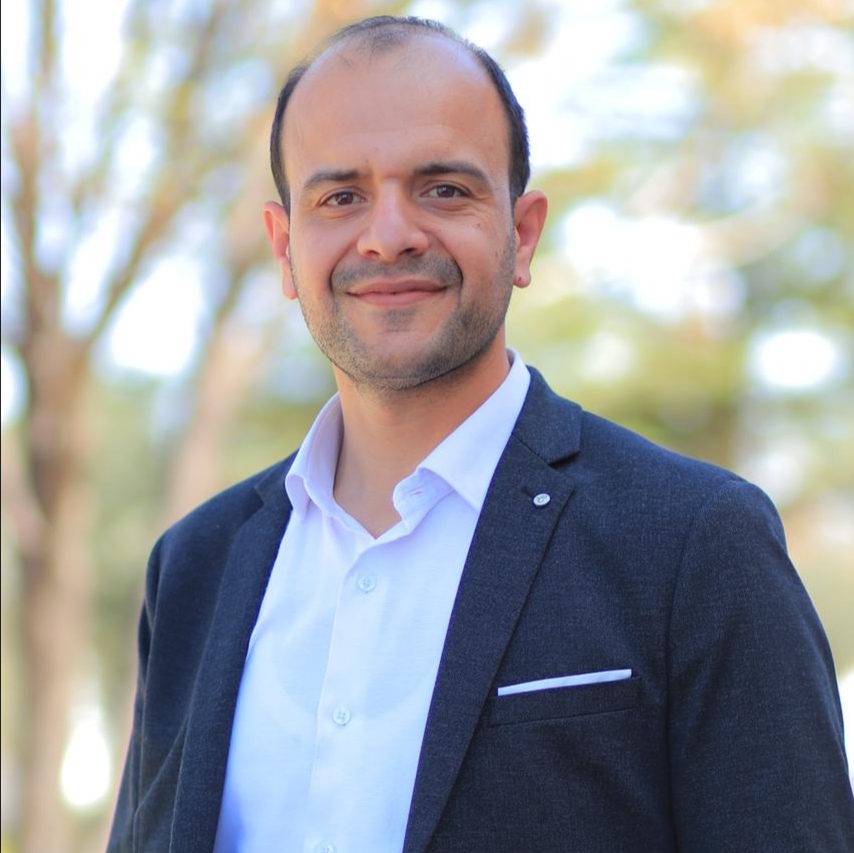آخر الأخبار

Jawharat Arab - Dr. Laith Tayel Bani Melhem
The issue of women's empowerment is one of the most prominent features of this time, and one of the most significant issues not only at the local level but also at the regional and global levels. Countries around the world raced to enact laws and regulations and participated in local and international conferences on women's empowerment issues until women's political, economic, and social empowerment has become one of the most important indicators of development at the domestic level of States.
Yet, issues of women's rights in general and empowerment, in particular, are still issues that face major challenges on the legislative level (Regulations and laws) or applied level (Empowerment indicators). Maybe the reason behind this is mainly due to cultural, religious, and social privacy (Customs and traditions). Countries differ in the levels of legislative and cultural development, and social privacy constitutes a constraint on women's empowerment efforts. Therefore, the issue of women's empowerment requires starting from the culture of the society and not only imitating the experiences of other countries.
In the Jordanian environment, the thoughts and attitudes of Her Majesty Queen Rania formed a leading model in empowering Jordanian women, as Her Majesty has introduced numerous initiatives that will provide real opportunities for the empowerment of Jordanian women on the different political, economic, and societal levels. These initiatives are framed to modernise the legislative system which assures that the efforts to empower Jordanian women proceed according to legislative and practical foundations that take into account the social privacy of the Jordanian society on one hand and proceed with global efforts in women's empowerment on the other.
Perhaps the added value of Her Majesty Queen Rania’s initiatives has a realistic effect and is consistent with the specificity of the local community, while the global experiences of women empowerment may clash with local cultural and social privacy. Finally, academic institutions especially universities are called to discuss those initiatives in order to frame them in the form of real work plans to confirm the importance and excellence of the Jordanian experience in the empowerment of Jordanian women.
THE JORDAN TIMES

